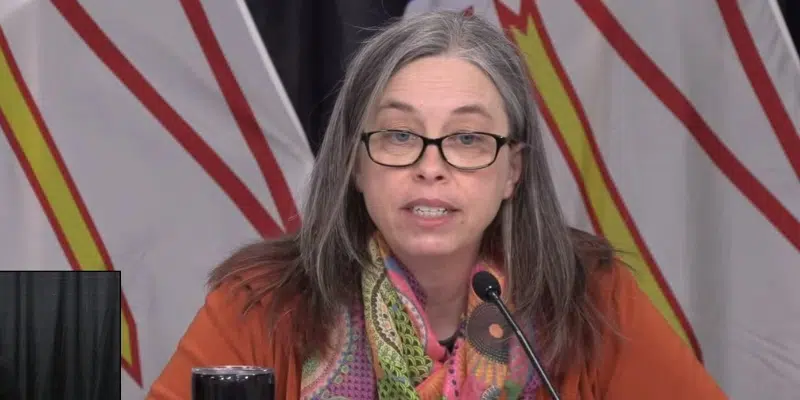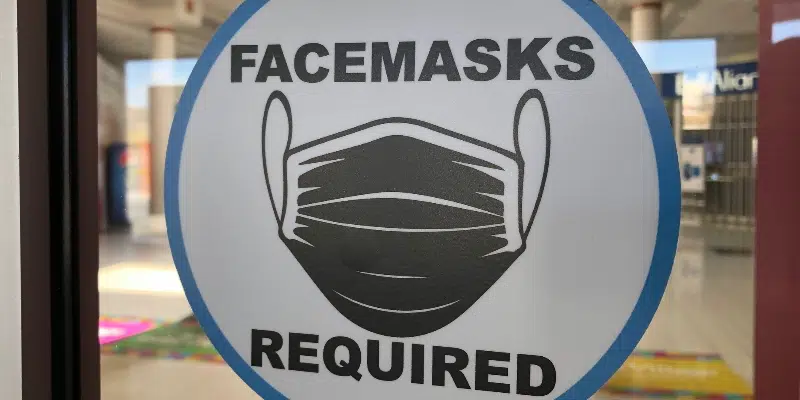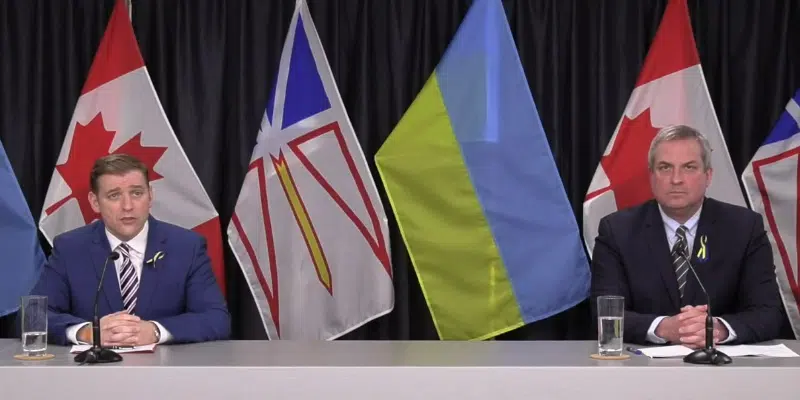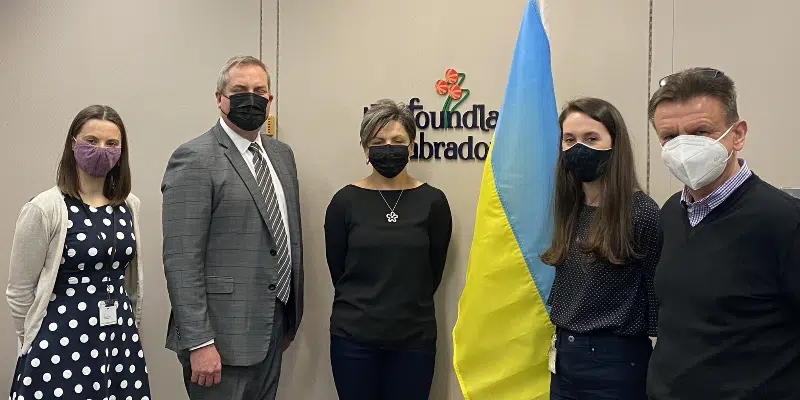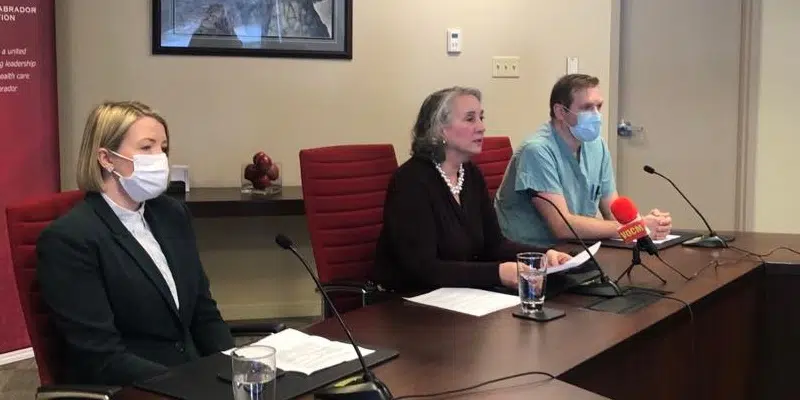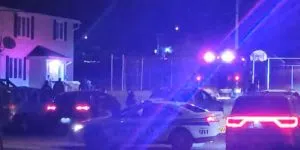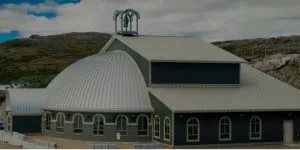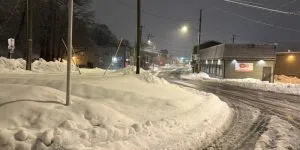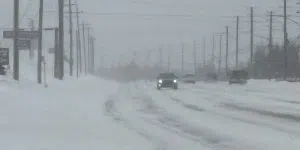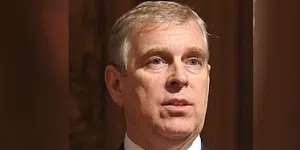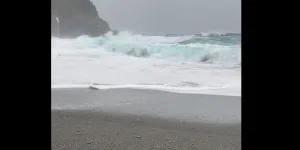March brought with it a freedom not felt in over two years.
After nearly two years of public health restrictions, Special Measures Orders finally came to an end on March 14. The order, which was necessary to impose restrictions on gatherings, isolation requirements and the mandated wearing of masks, was lifted at 12:01 a.m. on the second anniversary of the province’s first known COVID case.
Regular COVID-19 case updates, which had become a staple for many, were scaled back and moved to a new online dashboard to be updated weekly, while mandatory vaccination policies were dropped and PCR testing was reduced.
The decision was met with mixed reaction, as the announcement came during a wave of the highly infectious, but milder Omicron variant that drove case numbers up to a level never seen before during the pandemic. In the same month Public Health restrictions were lifted, Newfoundland and Labrador registered its 100th COVID-related death.
Chief Medical Officer of Health, Dr. Janice Fitzgerald, defended the decision, citing the Omicron variants lower risk of severe illness.
Support for Ukraine
While COVID-19 restrictions ended at home, there was little reprieve for the people of Ukraine, as Russia continued its bombardment of the country, with many residents fleeing their homeland in search of safety and security abroad.
People in this province with connections to Ukraine began the process to bring their loved ones to safety in NL. Government would begin removing red tape in an effort to help Ukrainians move with fewer barriers, leading to tearful reunions of families and an outpouring of support through fundraising initiatives.
Newfoundland and Labrador would take the extraordinary step of setting up a Ukraine Support Desk in Warsaw, Poland, staffed by a team of four government employees with the language skills and expertise needed to communicate with and attract refugees to Newfoundland and Labrador.
The war in Ukraine had a further impact on global supply chains and in particular, the price of oil. The price of fuel skyrocketed, eventually topping $2.00 a litre in NL, breaking records weekly.
Many a fiery exchange played out in the House of Assembly, as the Opposition grilled government on plans to reduce the stress placed on the people of the province.
A List 6,000 Names Long
March brought the dire news of a surgical backlog of more than 6,000 operations and procedures.
The NLMA highlighted the issue, calling it a life-and-death situation.
The Opposition, Medical Association and other healthcare-based groups called on government to implement a plan to tackle the backlogs, while the province would receive $27 million from Ottawa, earmarked to address the situation.





